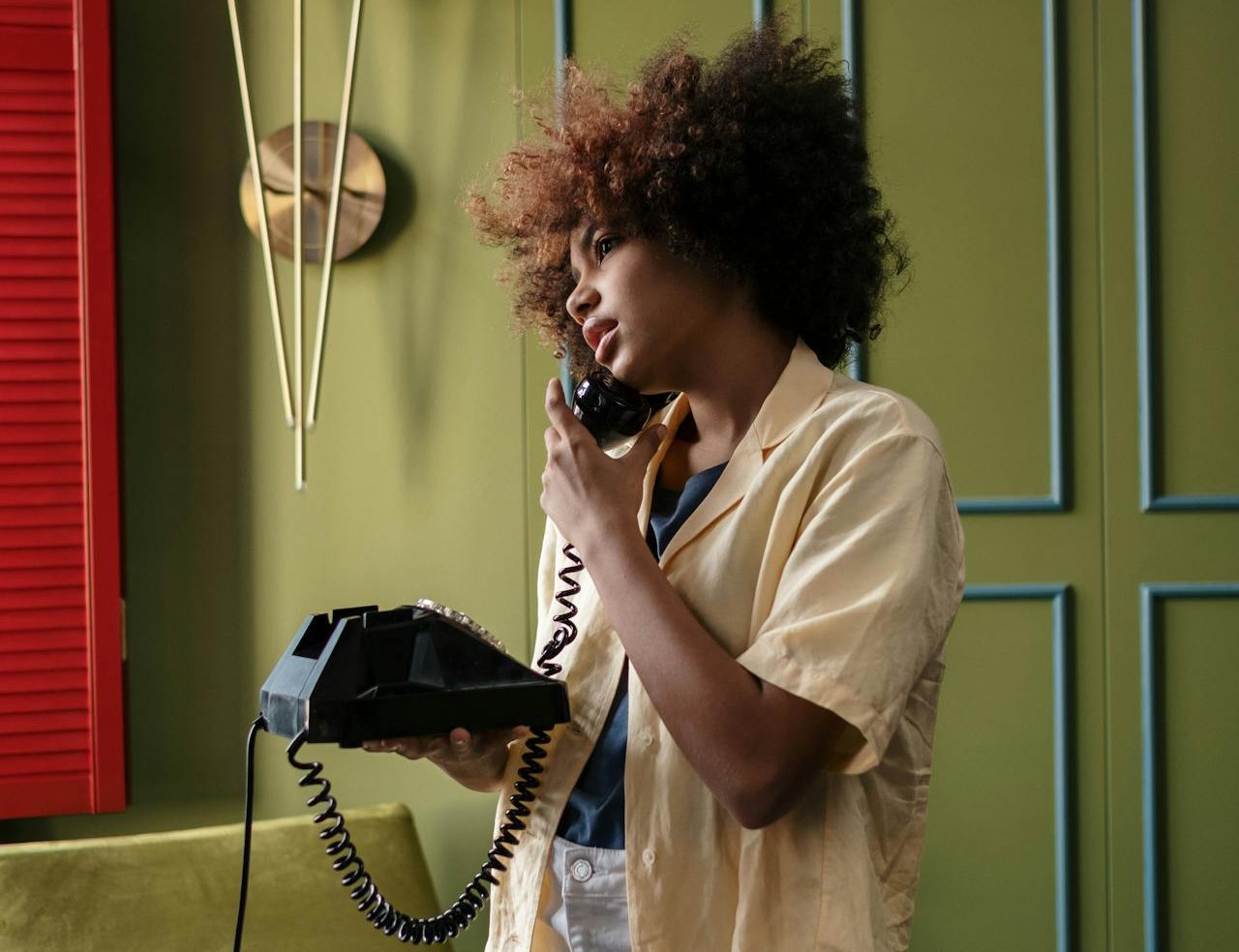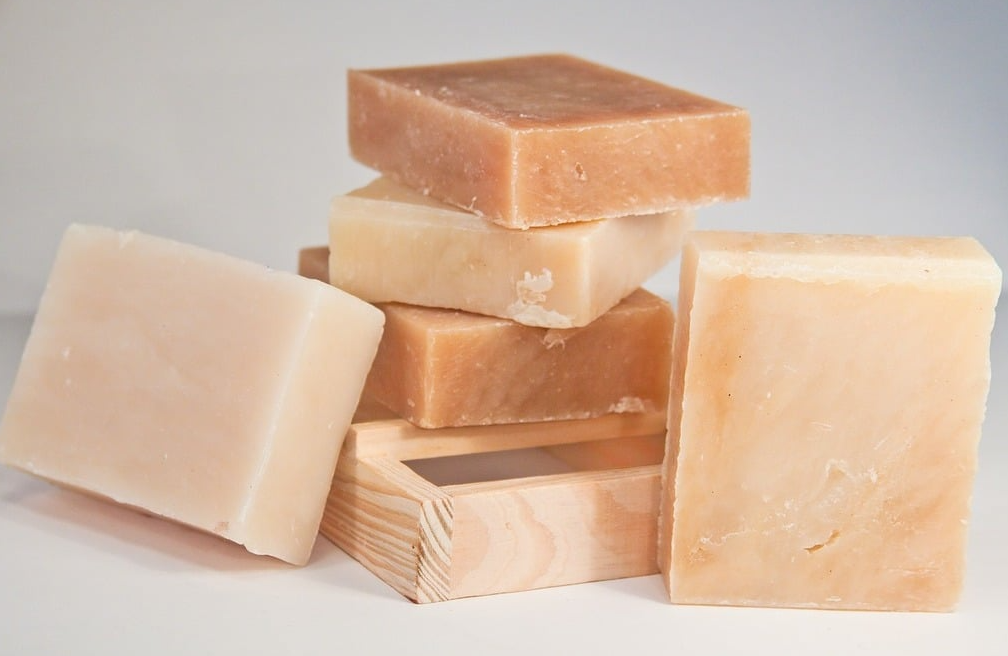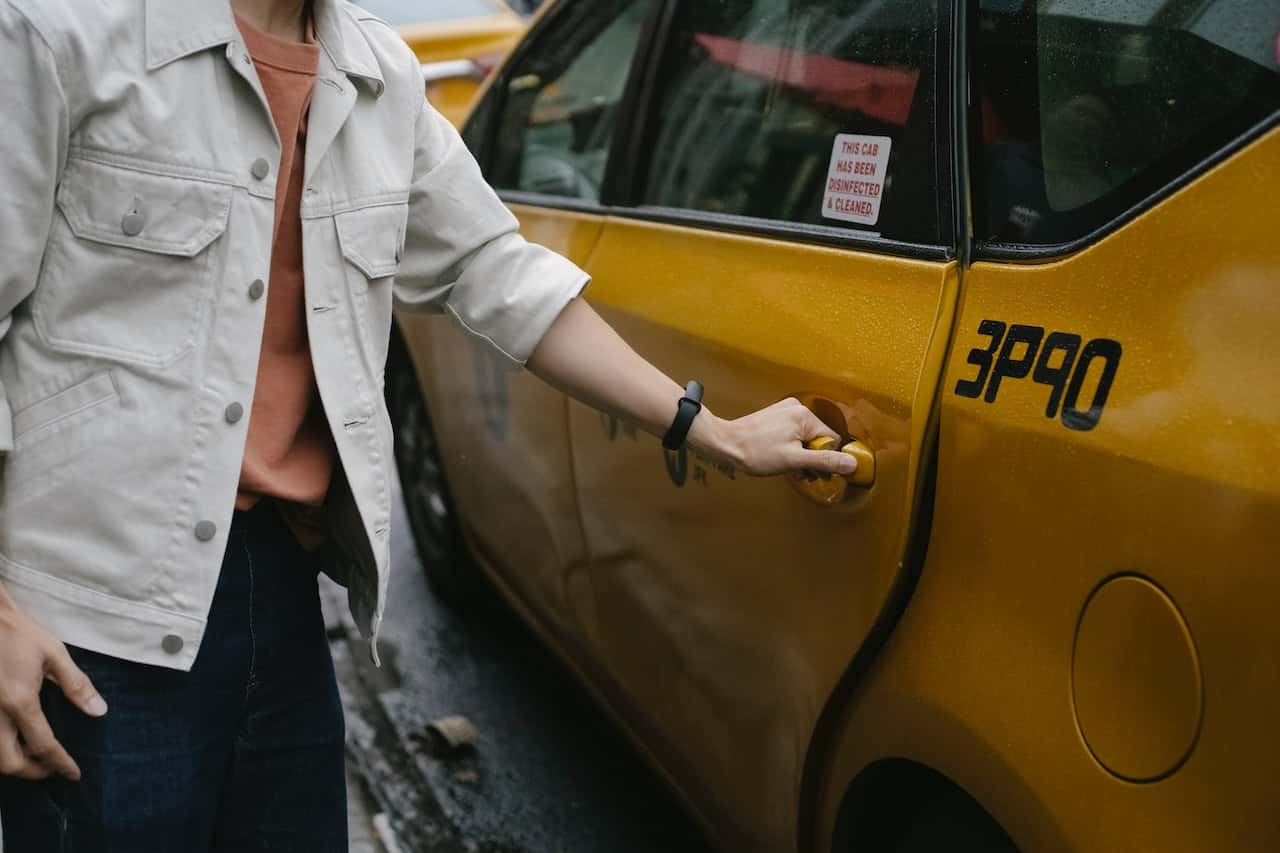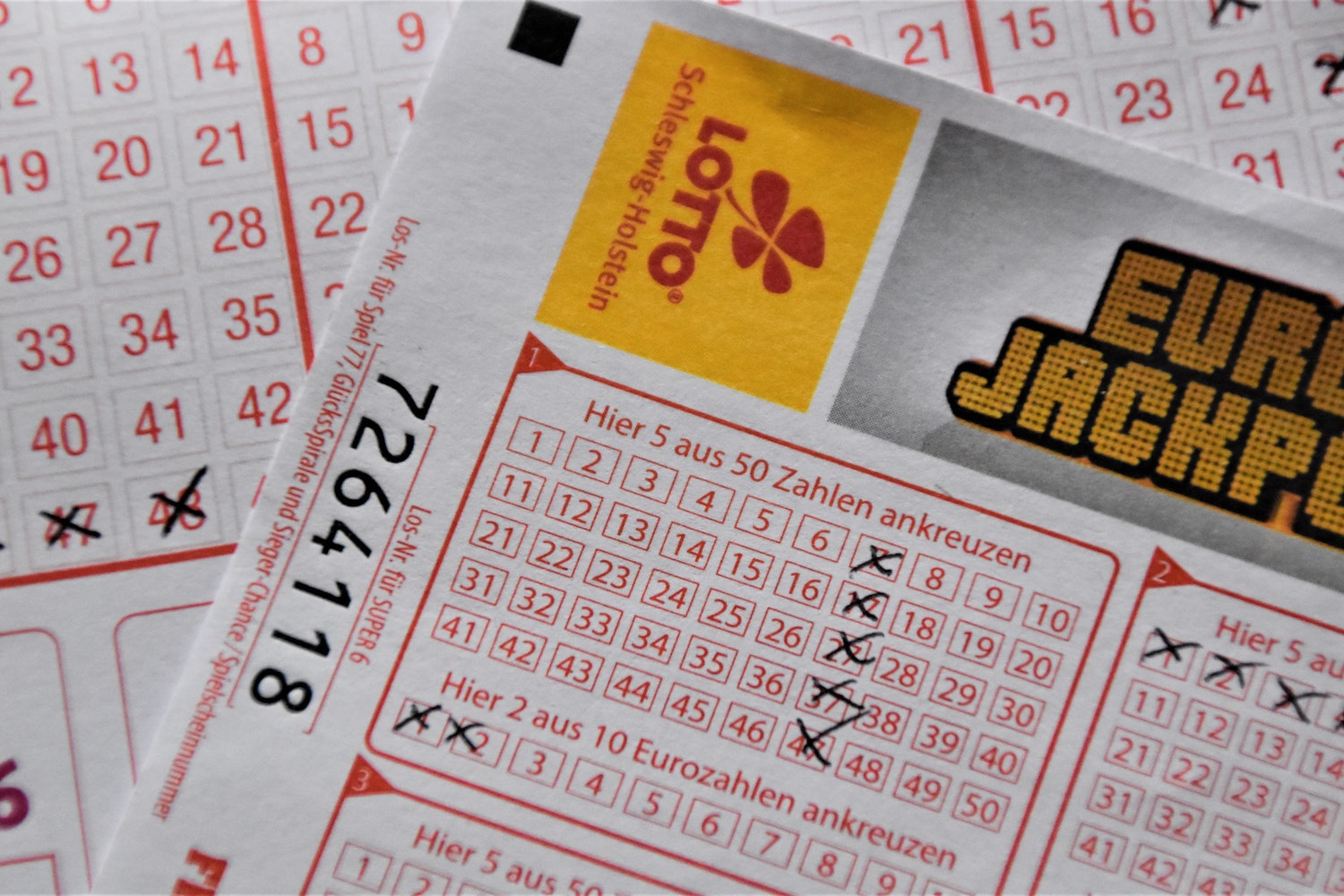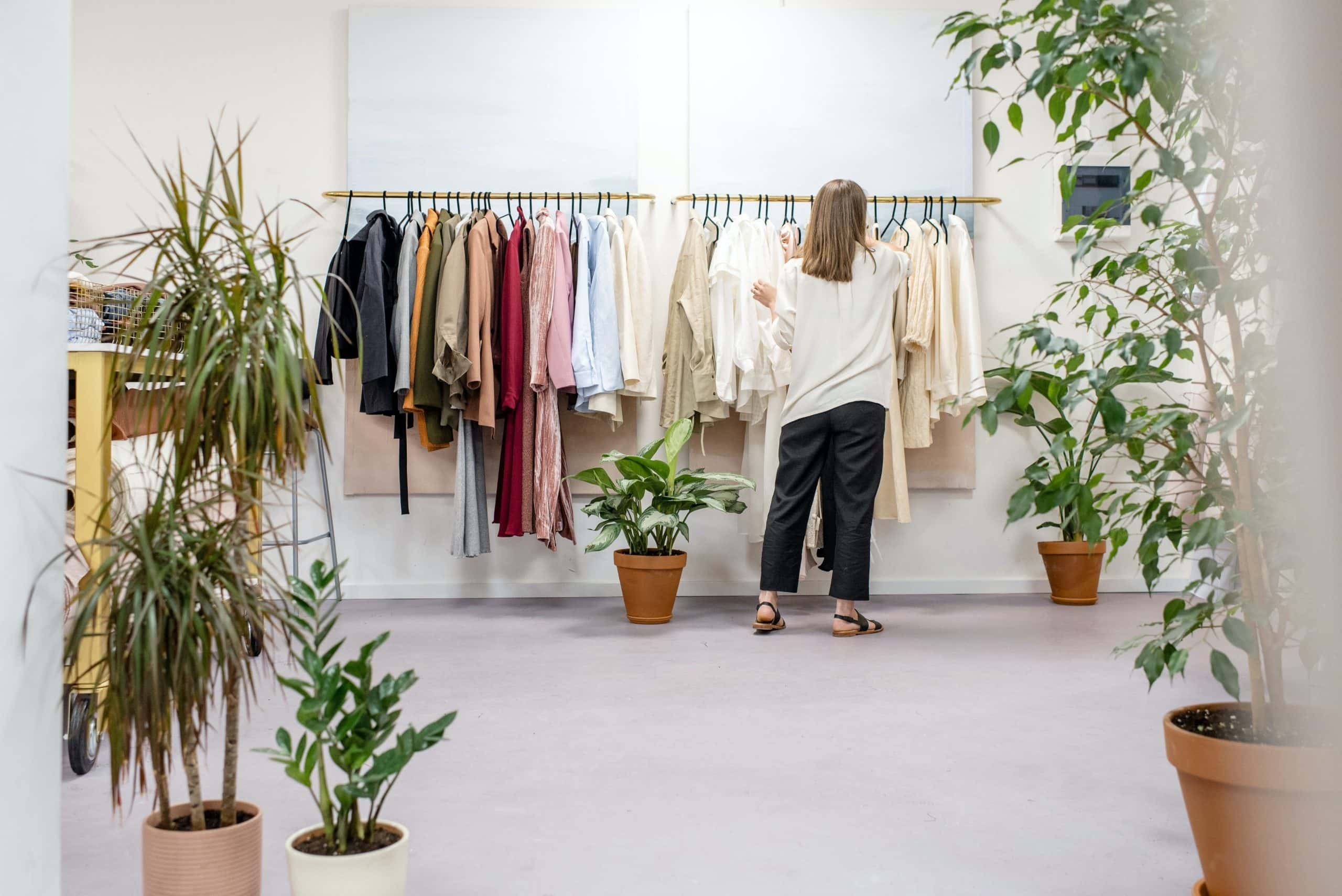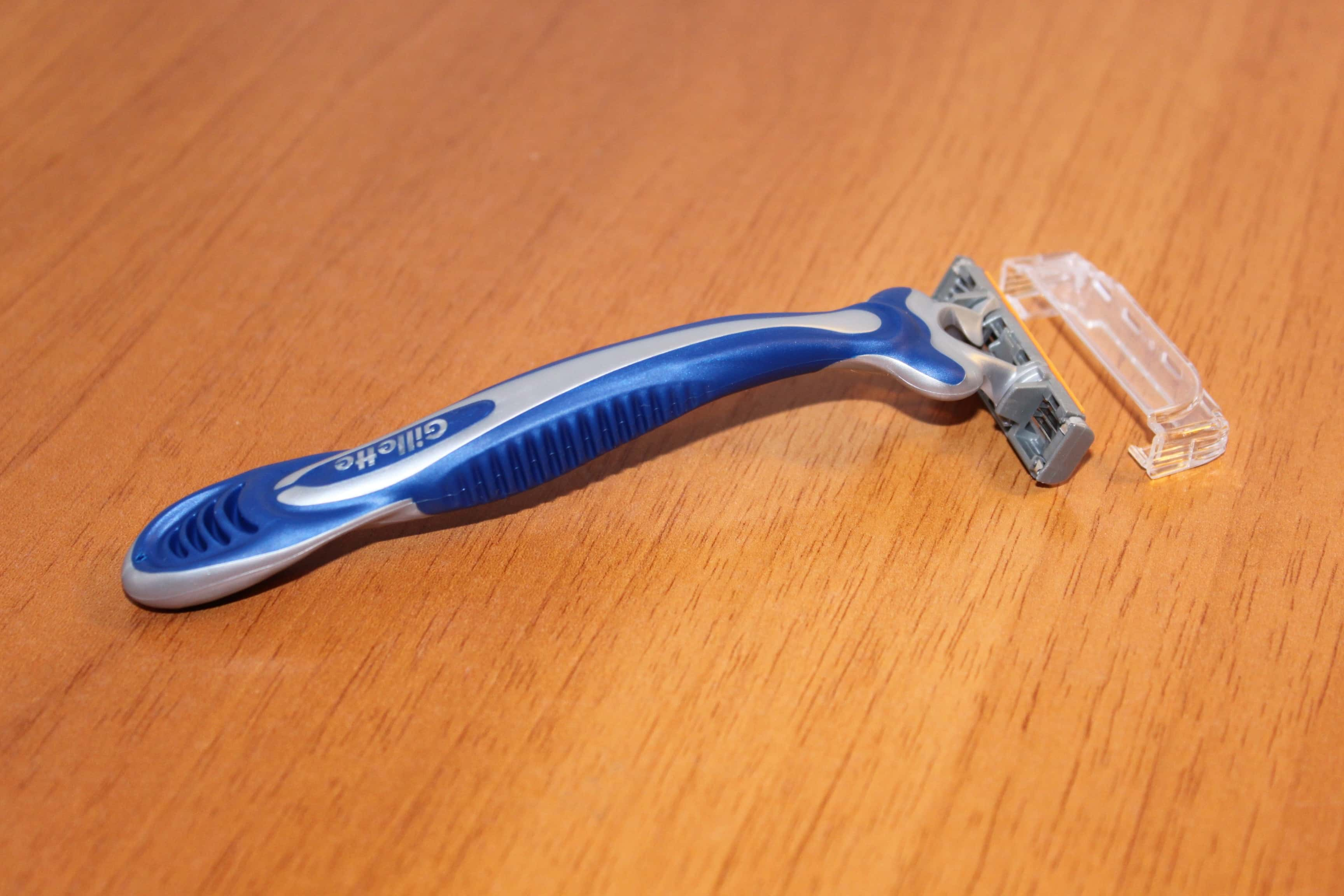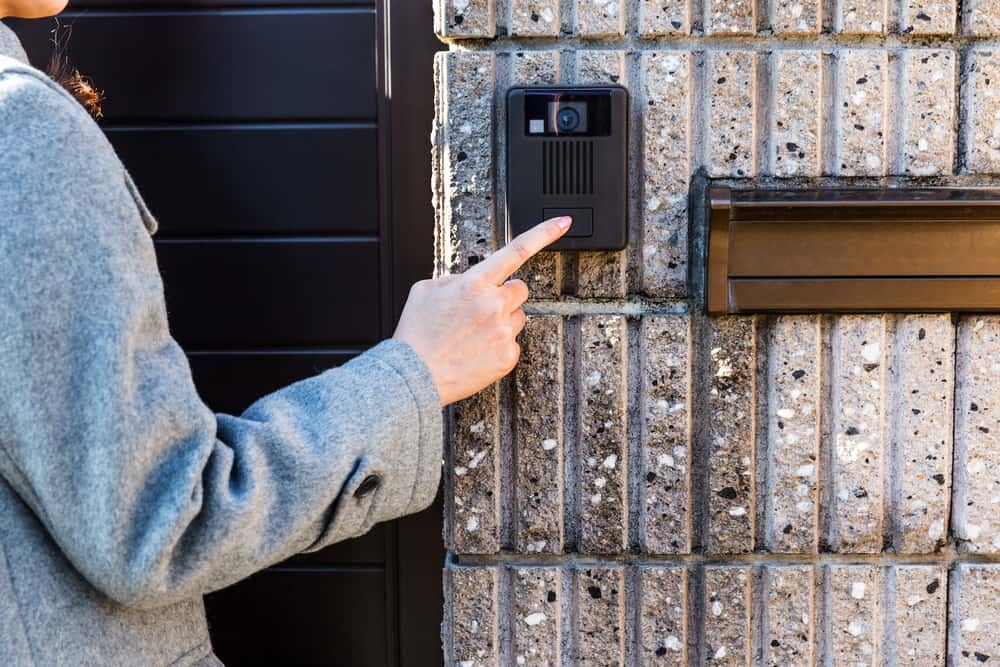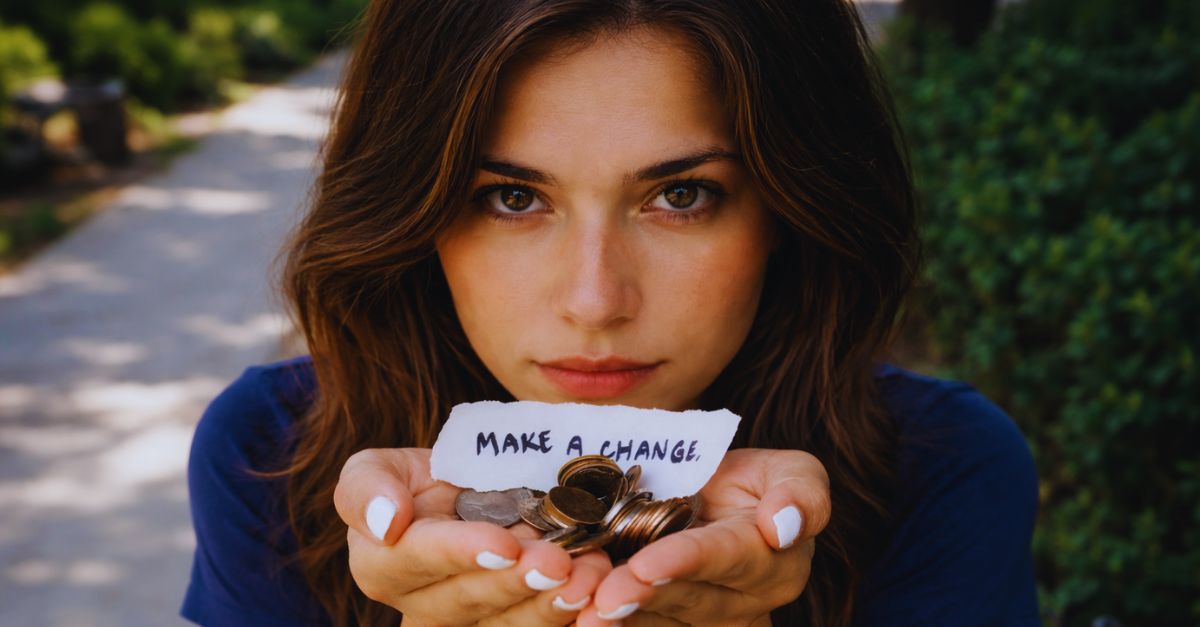Changing Preferences
Millennials have little patience for anything that feels impractical or out of touch. By rejecting these traditional products and habits, they're carving a path that values convenience, individuality, ethics, and sustainability.

Landlines
Who, in their right mind, is still using landlines? Why would you stick with a bulky, immobile device when your smartphone does it all? Millennials grew up in the era when tech was evolving, and the internet was all the rage. Everything's about instant global communication and affordable mobile plans now.
Cable TV
Millennials favor streaming and binge-watching shows anytime, anywhere. Services like Netflix, Hulu, Prime, Disney+, YouTube, etc., have disrupted traditional broadcasting. By 2022, over 60% of people under 40 had "cut the cord," and that number is increasing every day. Even boomers have gotten rid of those money pits.
Print Magazines And Newspapers
Flipping through a glossy magazine or newspaper doesn't hold the same appeal for a generation raised on instant updates. Digital news is free, customizable, and environmentally friendly, whereas print media feels wasteful and outdated. Besides, most of the content is now available online and often updated in real-time.
Chemical-Based Products
Health-conscious millennials avoid chemical-laden products across categories—from skincare to cleaning supplies. Natural wins here. Traditional cleaning products, often packed with harsh toxins, are being swapped for eco-friendly solutions like vinegar-based sprays and biodegradable wipes.
Soap Bars
The hassle of managing soap dishes and dealing with soap scum just doesn't fit the modern lifestyle. Their preferences have been changing to liquid soaps/shower gels. Pump dispensers are just easier to use and share. Plus, with refill options, they're a sustainable choice.
Manual Cars
Most Americans under 40 never learned to use manual transmissions. Moreover, only 2–3% of new cars produced in the US were stick shifts in 2024. Automatic transmissions are smoother and more practical in urban traffic. The surge of electric vehicles and automated driving makes manuals seem unnecessary.
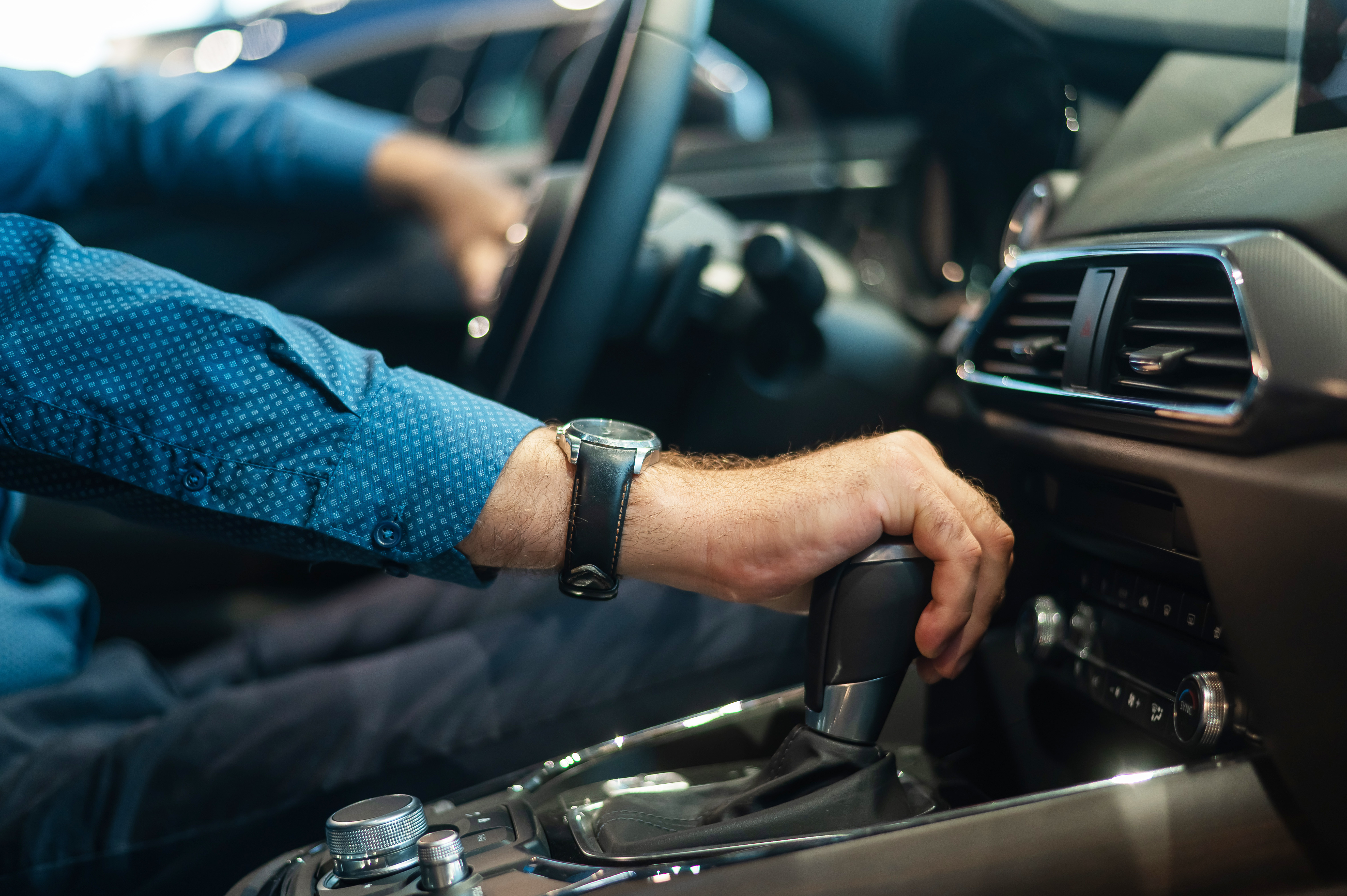 Михаил Решетников, Adobe Stock
Михаил Решетников, Adobe Stock
Formal Suits
With Zoom meetings and booming creative industries, suits just feel too stiff. The rigid structure doesn't match millennials' desire for comfort. Workplaces have shifted toward business-casual attire, and personal style has become a priority. A blazer with jeans or chic separates offers versatility without sacrificing professionalism.
Traditional Taxis
Gone are the days of waving at taxis in frustration. We've all embraced ridesharing apps that offer upfront pricing and cashless payments. Plus, you can pool with other people to save gas and money. Struggling to find a taxi stand or dealing with inconsistent service is moot.
Diamond Rings
Diamonds are no longer seen as essential symbols of love. Millennials often critique the tradition as outdated and expensive. A 2022 survey revealed that 70% of millennials considered non-diamond engagement rings—unique gemstones that reflect their personality. For this generation, love shines brighter when it's meaningful, not mined.
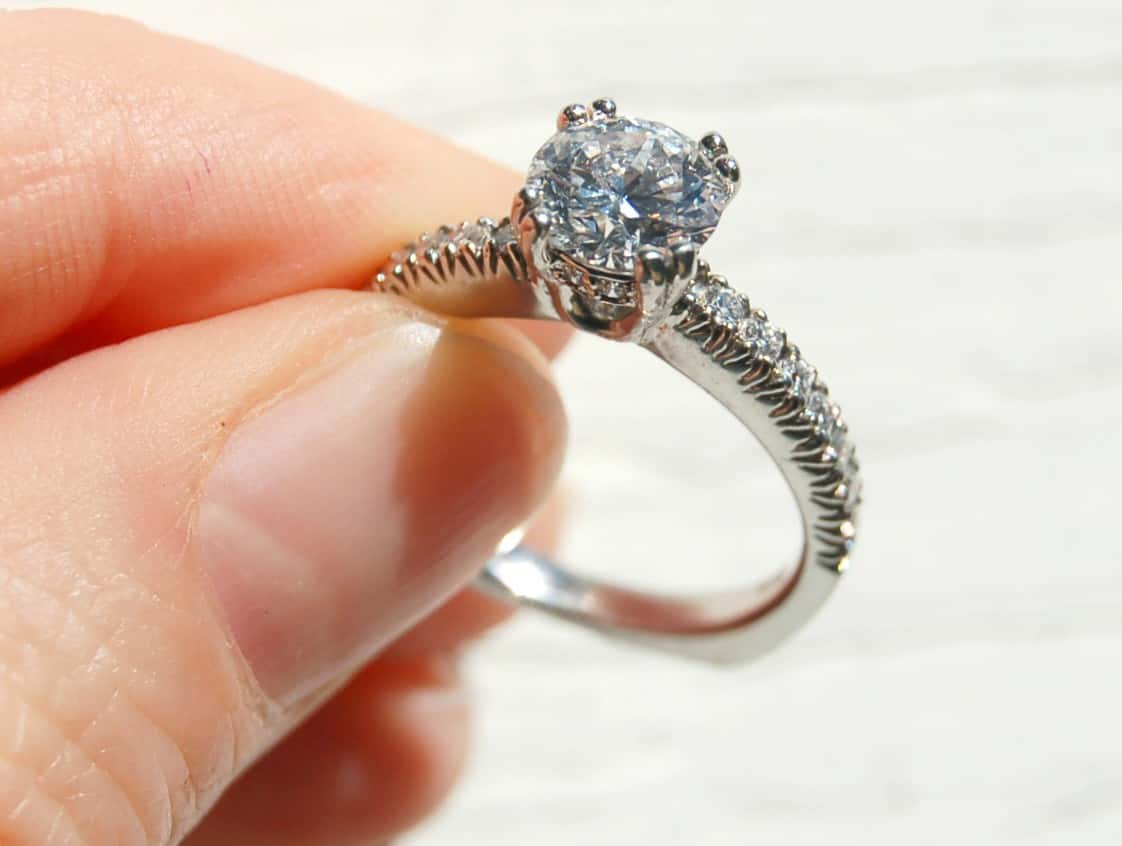 Wikimedia Commons, Jennifer Dickert
Wikimedia Commons, Jennifer Dickert
Lottery Ticket
Lottery tickets are now considered a poor financial choice. With limited disposable income, gambling on slim odds feels impractical. It's about smarter spending rather than chasing an unlikely windfall. Digital entertainment also fills the thrill-seeking gap that lotteries once occupied.
Designer Clothes
Labels don't define style anymore. Many are gravitating toward sustainable or secondhand fashion these days. Platforms like Depop and Poshmark have redefined the fashion industry by providing unique pieces at a fraction of the cost. Rarely are people interested in buying something as a status symbol.
Disposable Razors
Single-use razors are wasteful and expensive in the long run. Millennials lean toward reusable alternatives like safety razors or electric shavers. These options are environmentally conscious and better for sensitive skin, too.
Irons
Ironing clothes is an outdated chore in a world of wrinkle-resistant fabrics and convenient handheld steamers. Millennials value time and simplicity. So, if a quick steam gets the job done without requiring an ironing board or much effort, they're obviously gonna go for that.
Cruises
Cruises are often criticized for being overly commercialized and environmentally harmful. And the rigid schedules and structured activities of a cruise neither offer flexibility nor the time to connect with local cultures. No one wants to go port-to-port without actually enjoying the beauty of the place.
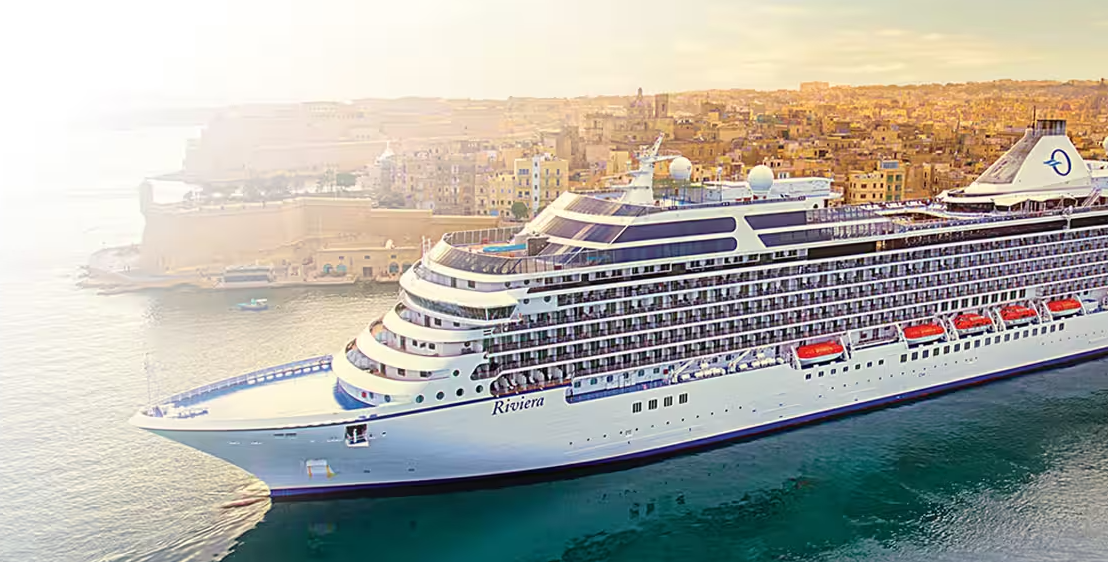 Oceania Cruises Riviera at sea
Oceania Cruises Riviera at sea
Life Insurance
When there are more important and immediate financial needs to address, life insurance takes a backseat. Also, with fewer dependents and rising living expenses, the idea of setting aside money for a distant future becomes irrelevant. Instead, millennials prioritize savings and emergency funds.
Doorbells
An X user in 2019 pointed out that doorbells seem "so aggressive now when you could just text". New-age technology has furthered this idea by creating smart systems like video doorbells and motion sensors. You can easily keep a check from anywhere via an app.
Luxury Cars
Luxury cars don't align with millennials' practicality. The shift toward fuel efficiency, electric vehicles, and ridesharing makes owning a high-maintenance luxury car feel highly unnecessary. Flashy vehicles don't hold the same social status they once did. Now, it's more about sustainability in transport choices.
 Alexander-93, CC BY-SA 4.0, Wikimedia Commons
Alexander-93, CC BY-SA 4.0, Wikimedia Commons
Greeting Cards
Who even buys greeting cards these days? To be honest, pre-made greeting cards have always been unnecessary. Mass-produced designs and generic messages feel impersonal; cards should be personalized and DIY-d with love. There are numerous tools that make customizing easy.
Physical Books
Although physical books are better in every other way, they lack the convenience of digital formats. This is why independent bookstores have also taken a hit. E-books and audiobooks cater to their on-the-go lifestyle. The ability to switch between devices and instant access is really helpful.
Buy A House
Rising property prices and stagnant wages make homeownership a distant dream for many millennials. Even if they want to, they can't. The responsibility of maintaining a home is another deterrent. Plus, renting gives you flexibility. Why would someone willingly tie themselves down and take on additional financial strain?
Host Big Gender Reveal Parties
Wildfires, property damage, plane crash, homemade explosives killing a woman in Iowa—all in the name of "gender reveal" parties. Most millennials think that it is wasteful and unnecessary to celebrate the "gender" of an unborn child by popping blue or pink into the sky.
Care About Workplace Loyalty
Nowadays, people care about meaningful work, career growth, work-life balance, good pay, etc., and they're willing to switch jobs to achieve these goals. In a gig economy, loyalty to a single workplace isn't as valuable as building diverse skills and pursuing passion projects.
Stigmatize Mental Health
Unlike older generations, millennials openly discuss mental health and seek professional help without shame. Breaking the stigma allows them to prioritize their well-being and encourage others to do the same. Therapy and self-care have become a part of their routine.
Follow Old Wedding Traditions
Traditional customs like garter tosses, multi-tiered cakes, and having priests officiate the wedding are often skipped in favor of more meaningful touches. Many opt for intimate ceremonies over large, expensive gatherings. Millennials are redefining weddings to reflect their values and personalities.
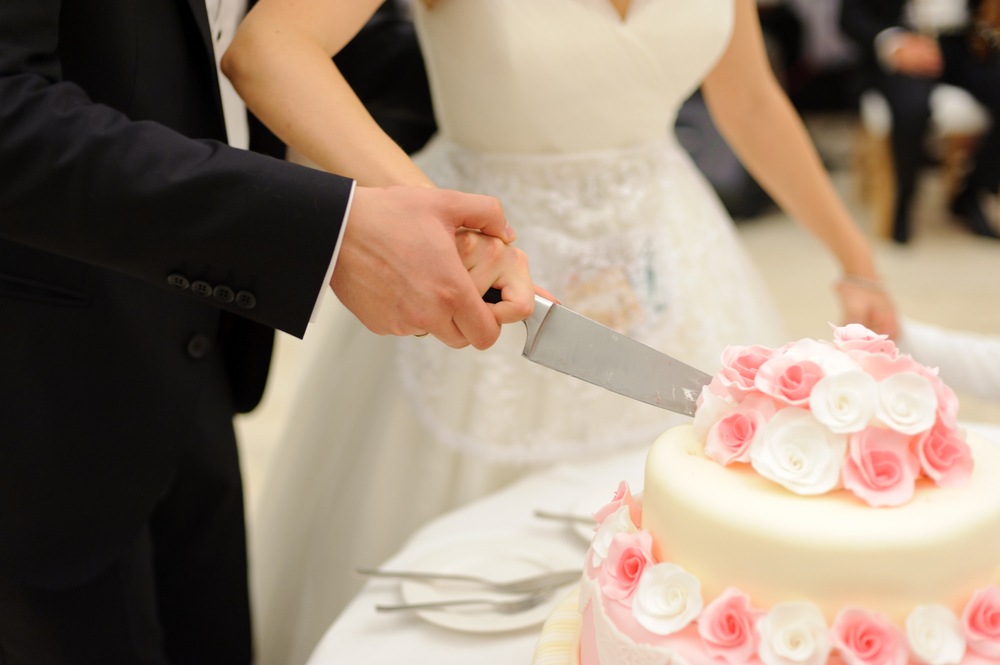 Andrei Zveaghintev, Shutterstock
Andrei Zveaghintev, Shutterstock
Keep Salaries Confidential
Salary transparency is a millennial priority to combat pay inequality and ensure fairness. They reject the old taboo of keeping earnings secret, instead advocating for open discussions about compensation. Sharing salary details helps them negotiate better and promote workplace equality.


